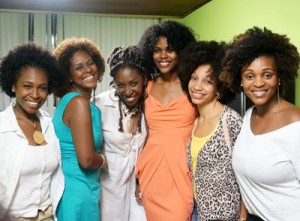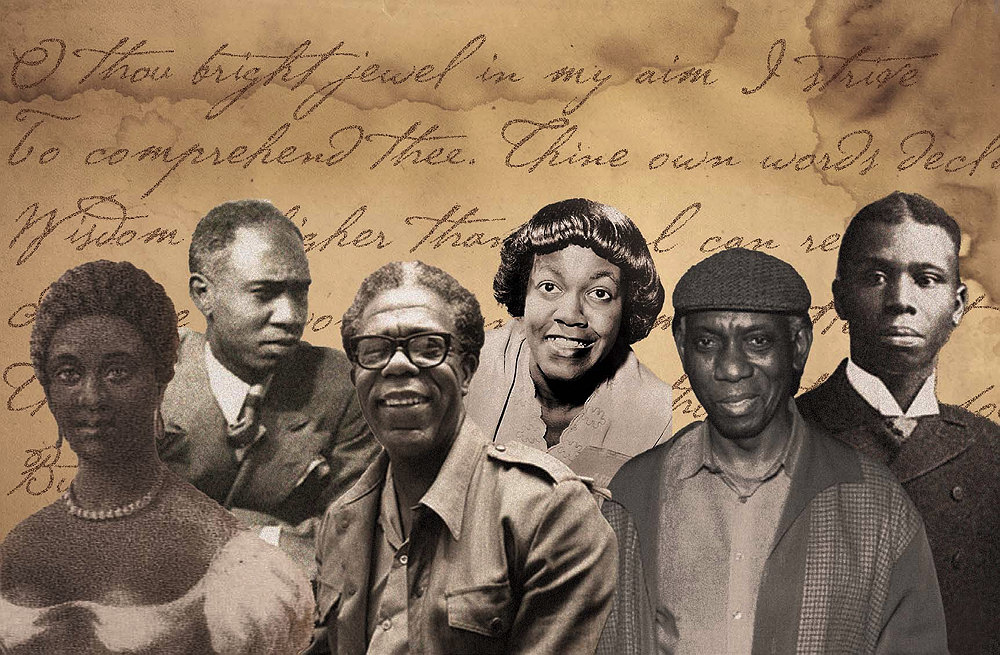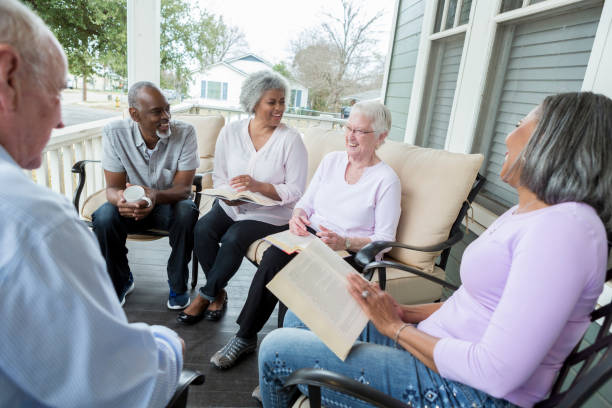(ThyBlackMan.com) 2017 served as a wake-up call for those unaware of how unsafe going to work can be for some women. The allegations, admissions, suspensions and firings that made sexual harassment and assault a hot topic have slowed down, but two messages were received loud and clear:
1) men in power have a tendency to treat work like a frat house.
2) Women of color were personae non gratae when it came to discussing these issues.
Women of color were invisible to the program directors, editors, and producers in charge of covering these stories in print and on television. There was a virtual media white out when it came to who was given access to comment on and analyze an issue that disproportionately affects women of color. The exclusion of Melaninated women from conversations about sexual assault and #MeToo -started by a Black woman (Tarana Burke)- is as American as apple pie.
Melaninated women from conversations about sexual assault and #MeToo -started by a Black woman (Tarana Burke)- is as American as apple pie.
Much has been written about the role race, class and gender play in shaping social hierarchies, and all of that data points to a fact Black women already knew: despite being among the most educated demographic in the country they still sit on the bottom rung of the socioeconomic ladder. There isn’t a prominent Black woman in America who hasn’t had to overcome a gauntlet of social and psychological barriers that are almost exclusive to them.
Black women have to be near perfect in order to get respect; they exist in a culture that rarely misses an opportunity to ignore, dismiss and/or mislabel them. The most pervasive stereotypes associated with Black women paint them as less intelligent, less desirable, and substandard. The bravest and strongest somehow overcome these lies and the patriarchal and economic violence that accompanies them. In essences, Black women have to be A+ just to compete with some of their mediocre peers who are propped up by nepotism, racial and social structures that have eased their path to success.
In many ways, Black women are as powerless today as they were 100 years ago when it comes to controlling their image. No matter how professional and competent they are, they find themselves engaged in daily battles for respect and legitimacy. Overachieving Black women are seen as exceptions to the stereotypes about them and not evidence of society’s lowered expectations for them.
Negative confirmation biases allow Black women to continue being marginalized by greater society. These conscious and unconscious biases are historical remnants of a dehumanizing worldview that facilitated the rape, torture, and enslavement of Africans in this country. This mindset is hundreds of years old and will take decades to remove from America’s psyche.
Dear Black women, anyone who loves you knows 2018 will be another year you fight the insidious marginalization that comes with your existence in this country. It hurts writing this, but it’s the truth. There will be stories that affect you more than the rest of us, but they will be ignored or under-reported. There will be stories that affect all of us, but few will look to you for analysis or answers. You will continue to endure levels of disrespect that would break others, and somehow keep going. You will not be rewarded in any tangible way for thriving under these conditions. Part of your #BlackGirlMagic is the ability to make the impossible look routine while slaying every obstacle in your path. Your Black lives and the stories derived from them matter.
Staff Writer; Danny Cardwell
Official website; http://Thoughtwrestler.blogspot.com
One may also follow this talented brother on Facebook; ThoughtW and alsoTwitter; Thoughtwrestler.




















Leave a Reply